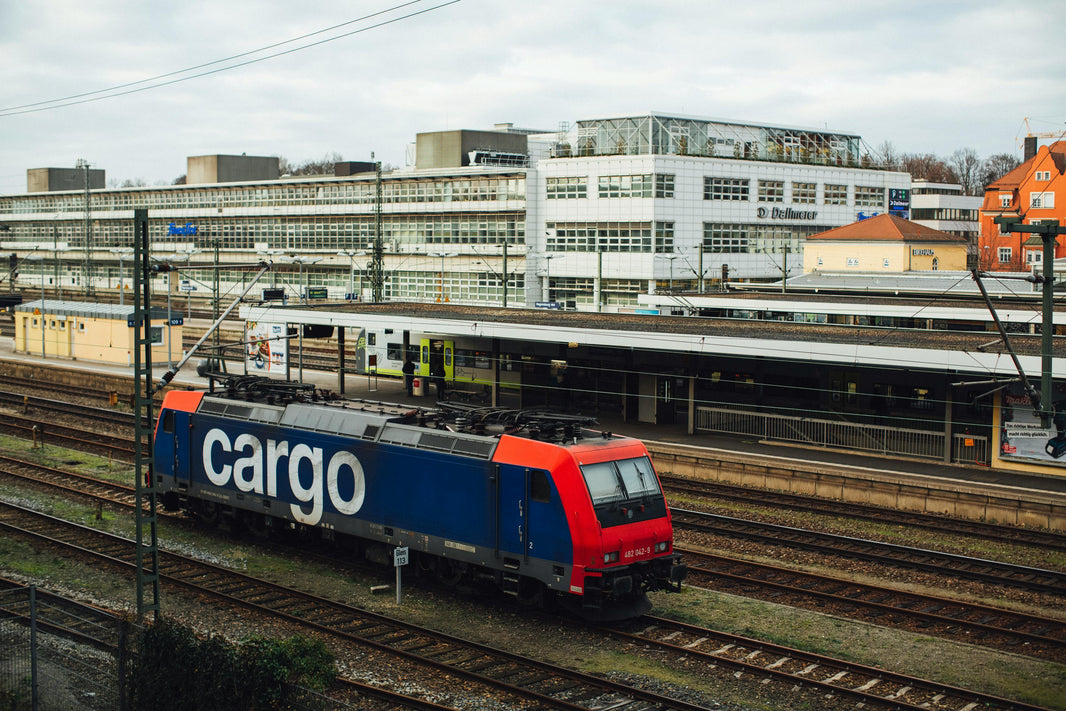EPR Germany - Single-use Plastic Regulation
Background
Over the years, investigations along European coastlines have shown that over 80% of marine waste is made of plastic, and 50% of that consists of single-use plastic products. In response to this growing environmental issue, the European Union implemented Directive (EU) 2019/904 in May 2019.
Based on this directive, the German Environment Agency enacted the Single-use Plastic Fund Act (EWKFondsG), requiring all producers selling such products in Germany to comply. The goal is to reduce the negative impact on the environment and human health while promoting a sustainable circular economy.
Part 01: Definition of Single-use Plastic Products
A “single-use plastic product” is defined as an item made wholly or partly of plastic that is not designed to be reused or refilled during its lifespan.
‘Single-use plastic product’ means a product that is made wholly or partly from plastic and that is NOT conceived, designed and placed on the market to accomplish, within its life span, multiple cycles by being returned to a producer or distributor for refill or re-used for the same purpose for which it was produced.
Examples include cotton swabs, straws, plastic cutlery, plates, food containers, wet wipes, and even cosmetic sheet masks.
🔗 Self-check via the official DIVID platform
Part 02: Who Needs to Register?
Producers Required to Register
- Producers selling directly to German consumers via distance communication (e.g. online)
- Manufacturers of single-use plastic products
Product Categories
- Food containers intended for immediate consumption (with or without lids)
- Flexible plastic packaging such as film wraps
- Drink containers up to 3L (excluding glass or metal)
- Plastic beverage cups (with lids and caps)
- Lightweight plastic carrier bags
- Wet wipes (personal and household use)
- Balloons for personal use
- Tobacco products with filters
Note: From January 1, 2025, in order to sell single-use plastic products on Amazon Germany, sellers must submit their registration number obtained from the German Environment Agency via the DIVID portal (not LUCID).


